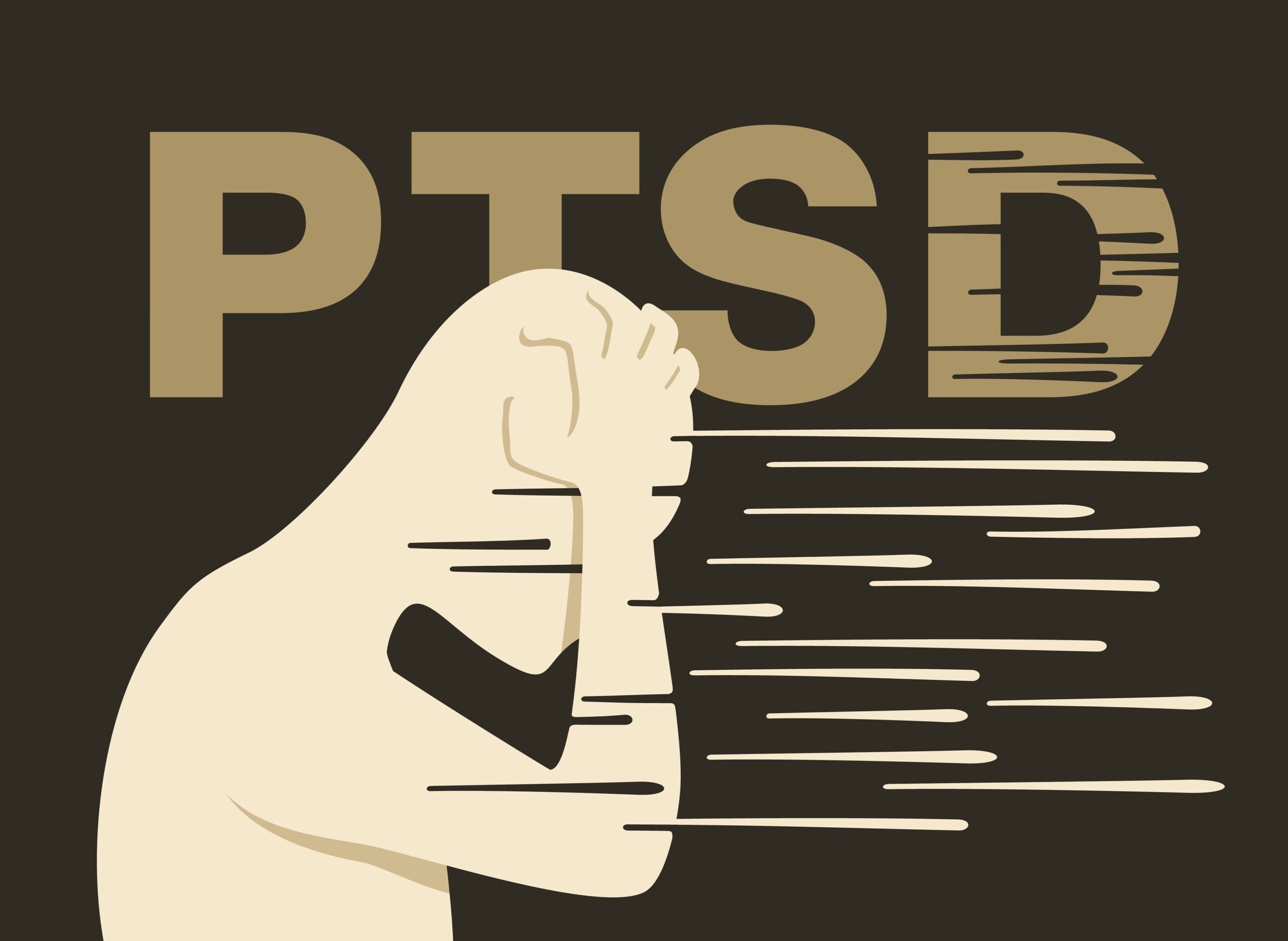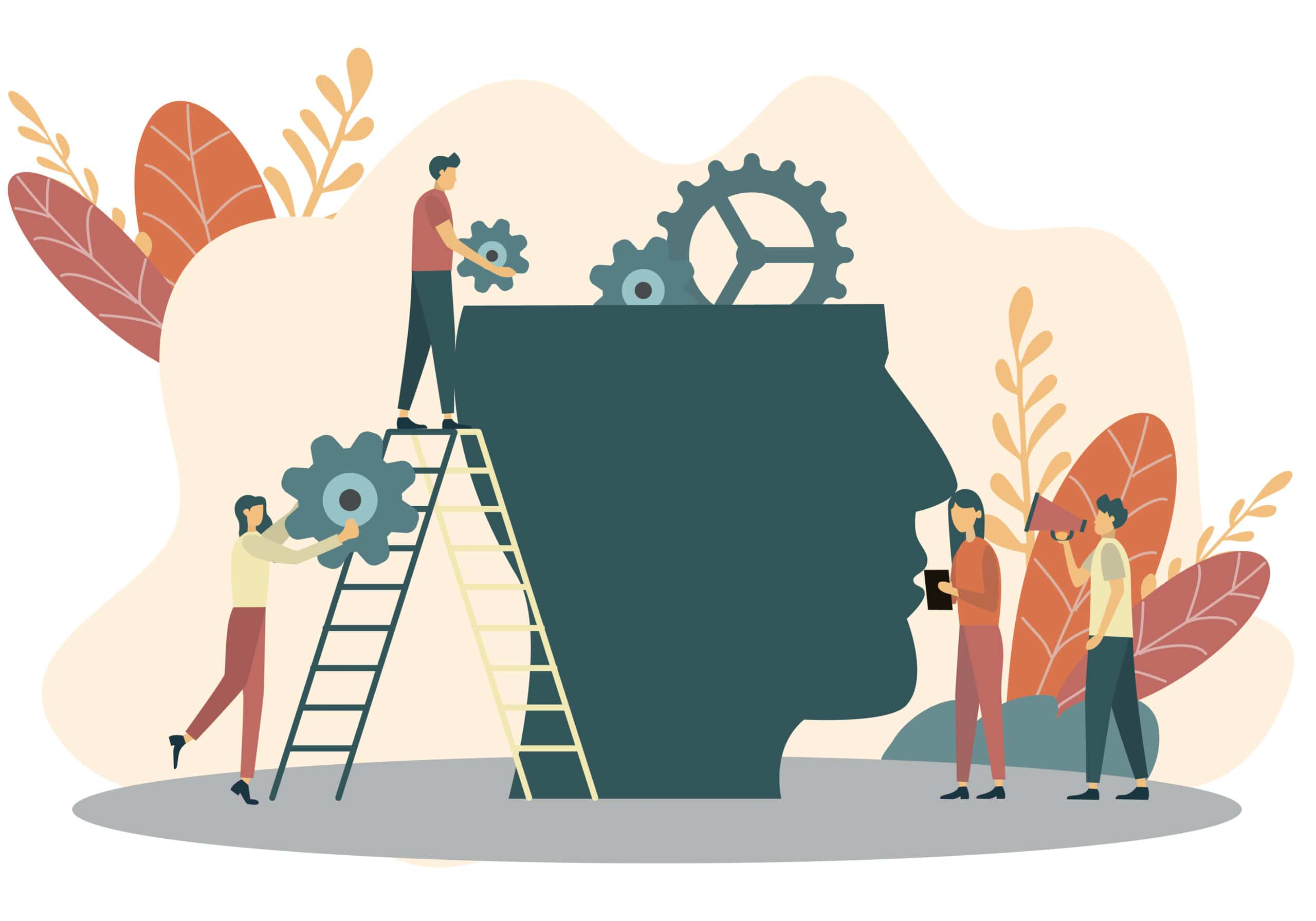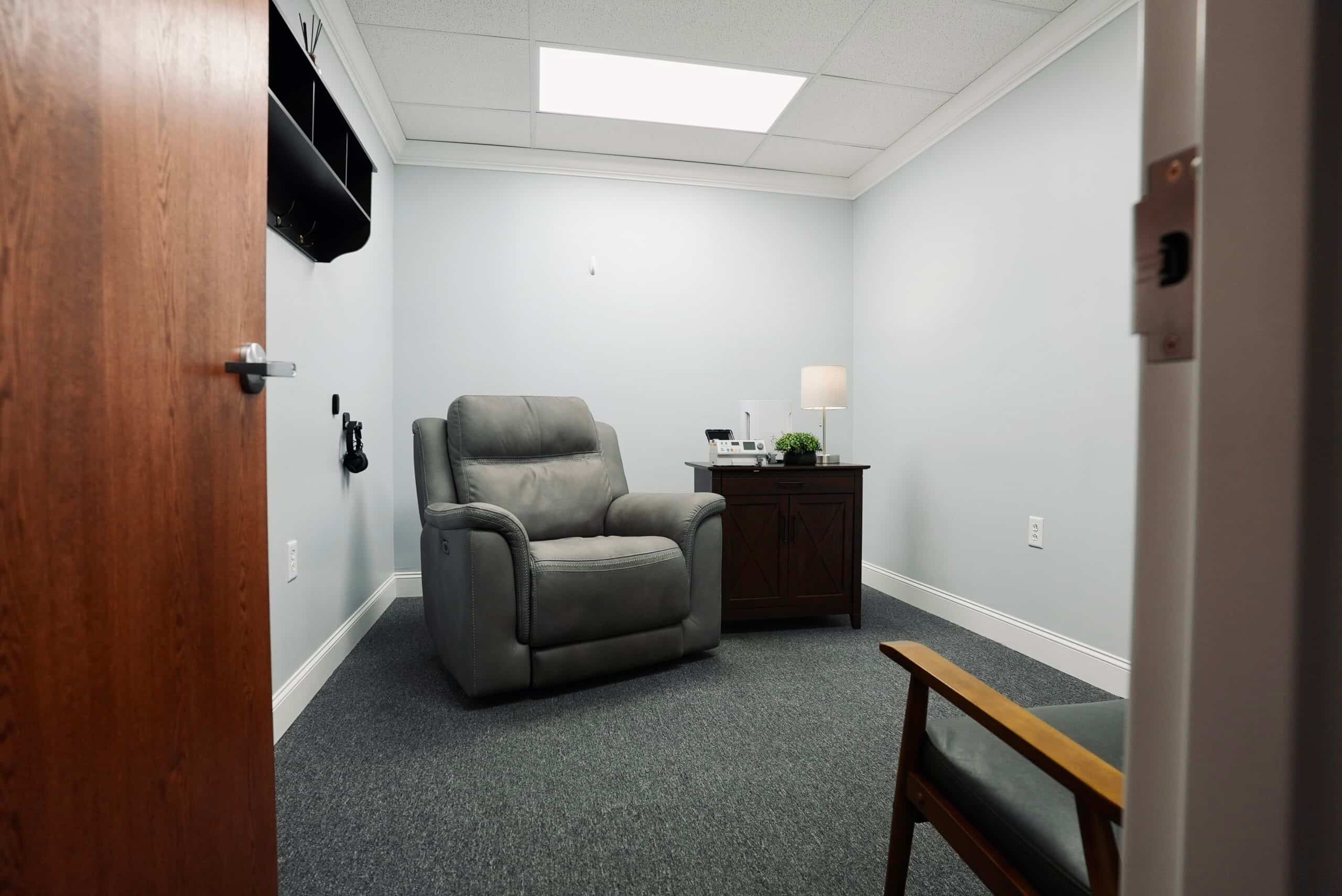Peeling back the layers of mental health stigma reveals a complex and pervasive force that shapes perceptions and experiences, often eluding easy definitions. In this blog post, we delve into the profound insights shared by professionals in the mental health industry, shedding light on the challenges of stigma and offering actionable strategies for fostering inclusivity and support.
As Sheaba Chacko, LPC-MHSP recently shared with us:
“A social stigma is a critical attitude toward something you don’t want to be associated with because of the cost involved.”
This powerful statement captures the essence of this blog post.
Stigma, an intangible force that shapes perceptions and experiences, often eludes easy definition. It’s a concept packed with emotions and implications, yet its true core can be difficult to understand.
To peel back the layers of stigma and gain a deeper understanding, we reached out to professionals in the mental health industry with a simple yet profound question: What does stigma mean to you?
Please read this blog with an open mind and a compassionate heart. Let’s embrace the diverse perspectives, understanding their importance in shedding light on the complexities of mental health stigma.
Without Delay: Exploring Contributions to Combat Mental Health Stigma
Responses have been lightly edited for length and clarity.
Anna McCurdy, LPC-MHSP, NCC, CMC-1, RYT-200, RailRoad Valley Therapeutics
Stigma, fueled by misconceptions and fear of the unknown, is a type of stereotyping generated by groupthink. Instead of seeking understanding, we tend to ‘other’ individuals, including ourselves, creating separation and isolation from supportive connections.
Ami Miller, CEO, Scenic City Neurotherapy
I see the pervasive damage caused by stigma. Many challenges in this world could be easily solved if we understood that not only bad things can happen to me and those I love, but that bad things happening to other people is bad for me too.
For example, I always ensure a full tank of gas to avoid getting stranded. Witnessing others run out of gas, it is easy for me to think they have been lazy or reckless. But recently, my own mechanical issue nearly left me stranded. It reminded me that anyone can face this! It caused a traffic jam, impacting others. Those behind me had a choice: watch me struggle or lend a hand. Despite embarrassment, those who helped benefited everyone.
In other scenarios, stigma stops me from asking for help because I don’t want to be embarrassed. Stigma stops people from helping me because they don’t think it could happen to them, or that maybe I even deserve the consequences. At the end of the day, we all end up in the traffic jam.
Charles Miller, CRNA, CMO, Scenic City Neurotherapy
Stigma refers to the disapproval, disgrace, or discrimination associated with a particular circumstance, quality, or person. In the context of mental illness, stigma often manifests as negative stereotypes and prejudiced attitudes towards individuals who experience mental health issues. These negative perceptions can arise from misunderstanding, fear, or culturally ingrained prejudice, and they frequently distort public perception of mental illness.
Eddie Grant, Executive Director, NAMI Chattanooga
I see stigma played out every single day with a loved one with mental illness. It’s a label that is given to my loved one built upon surface value. Maybe it begins with a first impression, with the way they look, the way they present themselves. However it begins, stigma can grow rapidly – like a cancer.
Stigma is an internal bias that is displayed through words, actions and discriminatory beliefs toward my loved one. It holds my loved one back, limits their potential and threatens an otherwise promising future. It is often cloaked in the form of “concern” but what it really is, is a negative belief and stereotype about someone that is built upon ignorance and judgment.
Kristin Duke, LPC-MHSP, Journey Mental Health
Viewed through the perspective of a seasoned firefighter, mental health in emergency services was often equated to ironclad stoicism when dealing with the pressures and traumas experienced in the field. Signs of a greater problem (I.e. substance abuse, depression, anxiety, irritability, sleep problems, relational struggles, etc.) were often labeled as “part of the job”, sometimes even championed, because as a rookie they had now joined the ranks of those who had “seen things”.
The stigma told us that if a crew member was struggling, it was clearly a chink in their armor, and they just weren’t cut out for the job. You can imagine how difficult it was to even consider seeking help. Words like “weak,” “unfit for duty,” and “attention hog” would be tossed around among the department.
If a member dared to push through the first layer of stigma, they still had the struggle of finding an affordable mental health professional who understood the nuances of trauma exposure within emergency services.
Change was slow as administrations remained uneducated about mental health. The support for first responders just wasn’t there. But as the stigma begins to dissolve on both local and national levels, mental health is becoming prioritized in tangible ways: peer support teams, employee assistance programs, training for both fire departments and mental health professionals, and legislation.
It’s encouraging to note that much of the stigma surrounding mental health is being addressed and is evolving, as older members become educated and shift their understanding of what mental health entails, while younger generations bring their awareness and new perspective on what it means to maintain mental balance.
Laura Pierce, Treasurer, NAMI Chattanooga
In the context of mental illness, stigma represents the negative feelings and judgments directed towards people, our family, or our son because of his mental health condition. Stigma creates a lot of assumptions by others about us, and those assumptions can defy reality.
Sheaba Chacko, LPC-MHSP, Fearless Permission
Let’s talk about stigma in a social context. I’m going to argue that you can’t overcome social stigma without understanding where it comes from. A social stigma is a critical attitude toward something you don’t want to be associated with because of the cost involved.
What cost you ask? I’d say the price tag of rejection. As a species, we are programmed to “do the rejecting”, not “be the rejected”.
If you look at our evolutionary history, there was a time where rejection could easily mean the difference between life or death. Since resources were so limited at the time, division within the group could actually cause the entire group to collapse!
So, the people who challenged group cohesion were cut off and the people who supported group cohesion were allowed to stay.
Even though we are currently the most resourced that we have ever been, the programming to “disapprove of” and “cut off” what is inconvenient, challenging, or daunting – does not die easily. For the stigma surrounding a subject to disappear, I would insist that the social benefit of associating with the subject has to clearly outweigh the social cost of associating with it.
The insights shared by this group makes it clear that stigma surrounding mental illness permeates our society, affecting individuals and communities in profound ways.
“We have more road rage, less patient teachers, and burned out nurses. We have a sicker population. We have well-trained people leaving the workforce. We have weaker families because mom or dad cannot be emotionally present. We have more emotionally reactive police officers due to traumatic experiences they’ve encountered while on duty. Stigma costs us all a lot.” – Ami Miller, Scenic City Neurotherapy
The group’s viewpoints provide insights into the complexities of stigma and offer actionable strategies for collective action against it.
Now, let’s explore their recommended approaches for addressing stigma and discrimination against individuals with mental illness.
Here are the common themes that emerged from their feedback.
Educate to Break Mental Health Stigma
Embracing the facts is vital—knowing that one in five Americans struggles with mental illness highlights its prevalence.
Education is the foundation of change, and when it comes to mental health, it’s no different. Understanding the people behind the diagnosis, not just the diagnosis itself, is crucial in breaking down barriers.
There’s no universal solution for individuals living with mental health challenges or their caregivers. However, having a variety of helpful ideas at hand can make a significant difference in providing support.
- Drop off a casserole or a meal
- Write a kind note without judgmental words
- Go for a walk together
- Offer to make a trip to the grocery store
- Offer to listen without judgment, just listen
By providing accurate information and fostering awareness, we can dispel myths and pave the way for a society that embraces mental health with compassion and understanding.
Myth: Mental illness is rare.
→ Reality: Mental health conditions are more common than many people assume, impacting millions worldwide, as reported by the World Health Organization.
Myth: People with mental illness are violent or dangerous.
→ Reality: Individuals with mental illnesses are more likely to be victims of violence than perpetrators.
Myth: Mental illness is a result of personal weakness.
→ Reality: Mental health issues are a result of changes in the brain due to trauma or stress. They are complex conditions that can arise from various factors including biology, environment, and life experiences.
Just as we openly discuss physical illnesses like diabetes or cancer, it’s time to destigmatize mental illness through education – by having open, caring conversations, understanding its nuances, and learning effective management strategies.
The more we openly discuss mental wellness, the more normalized it becomes.
Share Stories That Inspire Understanding Mental Health
Sharing personal stories fosters empathy and acceptance, essential ingredients for eradicating stigma.
“My neighbor saw my son in crisis and walked him back home. They treated him as a human being who was having trouble thinking clearly and needed a friend to help him. Later, they told me what happened and asked how we were doing. They didn’t judge or ask too many questions. They just cared and wanted to make sure we were okay.” – Laura Pierce, NAMI
Personal stories like this one serve as powerful reminders of the impact of empathy and compassion. In this instance, the neighbor saw a fellow human in need, not just a diagnosis.
What makes this story resonate is the absence of judgment or intrusion. It was a simple act of kindness driven by love and concern, with no agenda other than to offer help. We must treat individuals who battle mental health challenges with dignity and respect, recognizing their humanity above all else.
Personal stories about mental health reveal genuine experiences, showing that anyone, even those with seemingly perfect lives, can be affected. By sharing our narratives, we inspire empathy and acceptance, fostering a deeper understanding of the experiences of those living with mental health conditions.
Make Empathy a Habit
Empathy, the ability to understand and share the feelings of others, is a powerful tool in nurturing compassion and support for those facing mental health challenges. It’s more than just an occasional gesture – it’s a habit that we must actively cultivate in our daily lives.
At the heart of empathy lies the realization that mental illness can happen to anyone. We are all dispelling the disbelief that something like mental illness, cancer, or divorce could not happen to me…until it does.
By acknowledging our own potential to experience mental health issues, and believing that none of us are immune to life’s challenges, allows us to open ourselves up to understanding and connecting with others who may be going through similar struggles.
Making empathy a habit involves actively listening to others, validating their experiences, and offering support without judgment. It means taking the time to truly understand someone else’s perspective and emotions, even if they differ from our own.
Build Bridges Between Societal ‘In’ and ‘Out’ Groups
To end the social stigma surrounding emotional, mental, and behavioral health, we need a united effort from all segments of society. This viewpoint, expressed by a member of the group, Sheaba Chacko, emphasizes the necessity for those who hold positions of power, privilege, and influence – the ‘in group’ – to actively reach out and build bridges to the ‘out group’.
It’s a top-down approach that starts with normalizing and demonstrating inclusive ways of talking about mental health. Whether you’re a parent, teacher, coach, mentor, boss, athlete, or older sibling, your role in shaping conversations about mental health matters.
When those in positions of authority lead with courage and kindness, they pave the way for radical change. By spearheading conversations and demonstrating acceptance, they help reduce the fear of rejection surrounding the topic.
As social stigma decreases and social approval increases, resources for addressing mental health barriers will flow more freely. By building bridges between societal groups, as advocated by Sheaba Chacko, we can create a more supportive and inclusive environment where everyone has access to the resources they need for overall wellness.
Fight for Equity
“As a caregiver to a loved one with mental illness, stigma scares me. Perpetual stigma will limit my loved one’s future; their ability to have a happy, whole life. It scares me that my loved one is never going to accomplish all that they could because of a misdirected and uneducated cultural bias. My loved one didn’t ask for a diagnosis. They deserve better. They deserve to have every opportunity, every chance to contribute to society. Stigma will hold them back, limit their achievements and darken their spirit. When I think about stigma, I think about how as a country we need to develop stronger employment laws built upon diversity, equality and inclusion.” – Eddie Grant, NAMI
Eddie’s testimony reinforces the urgent need for action in the fight against stigma and injustice. It reminds us of the impact systemic biases have on individuals and their opportunities for a fulfilling life.
Fighting for equity means advocating for justice in all aspects of life. Equity entails delivering the necessary resources and support in the appropriate time, location, and manner tailored to individual needs. It’s about challenging systemic inequalities and ensuring that everyone has equal access to opportunities and resources.
This pursuit of equity requires courage, resilience, and commitment. It involves speaking out against discrimination, oppression, and injustice wherever they exist.
- Reframe conversations
- Challenge stereotypes
- Genuinely listen to diverse perspectives
Words hold immense power, and by consciously choosing to speak out, we can create a more supportive and compassionate environment.
Whether it’s advocating for marginalized communities, fighting for equal rights, or pushing for policy changes, the fight for equity is a continuous battle. It’s about standing up for what is right, even in the face of adversity.
Uniting Against Mental Health Stigma
As we conclude our exploration into the stigma of mental health, I encourage you to carry forward the insights shared by these experienced professionals. Remember that stigma is not just an abstract concept – it’s a pervasive force that shapes our perceptions and experiences, intentionally or not.
Stigma is a barrier that limits opportunities, darkens spirits, and perpetuates inequalities.
We have the power to take collective action in challenging stigma, creating a more informed and inclusive society.
- Educate yourself and others
- Share personal stories
- Practice empathy
- Build bridges between societal groups
- Fight for equity
It’s a collective effort – one that requires courage, resilience, and commitment.
Take action by applying lessons learned and embracing the perspectives shared. Together, You and Scenic City Neurotherapy can work towards a world where stigma is powerless, and where every person is valued, respected, and supported on their journey to better wellness.











